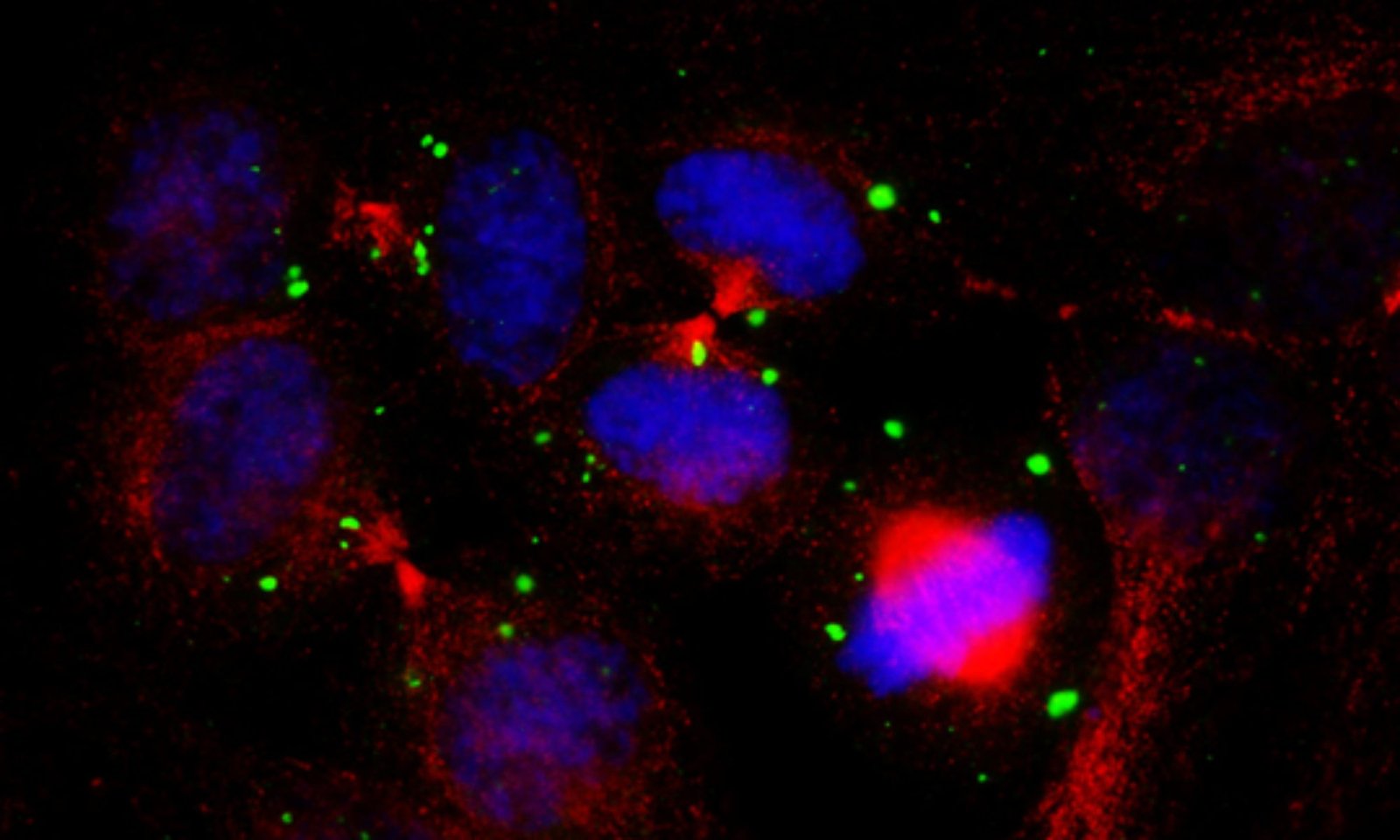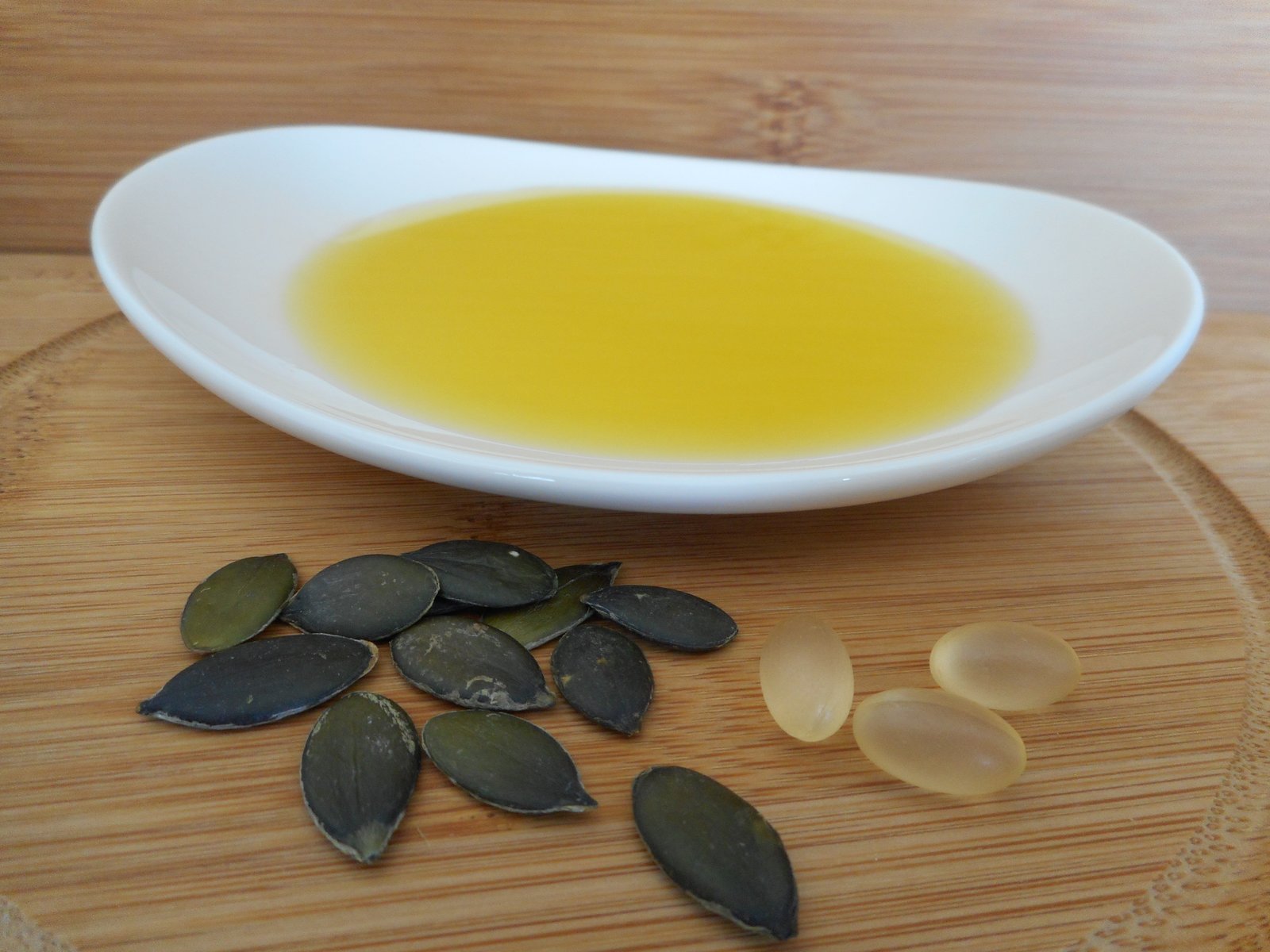Background: This #DoesItWorkSummary is based on the findings of a Cochrane Systematic Review published in July 2018 [1]. Cardiovascular disease (CVD) associated with atherosclerosis leads to life-threatening events such as infarction and stroke, and is the number one cause of death in the world [2]. Omega-6 fats are needed for the normal metabolism, but cannot be produced in the human body, which necessitates that they must be supplied from the food (belonging in this way to the group of the “essential fats”). The omega-6 fatty acids belong to the class of the polyunsaturated fatty acids (PUFA), and are contained in many foods, with vegetable oils and nuts being especially rich sources [3]. There have been controversial believes for the effects of omega-6 fats supplementation on cardiovascular disease. From one side, there is some evidence suggesting that a higher intake of omega-6 fats (combined with the lower intake of saturated fat from animal sources) might have beneficial effect on the cardiovascular system [4]. From the other side, there is a concern that excessive omega-6 fat intake might increase inflammation in the body, and in this way worsen the cardiovascular health [5]. To get an overall view of the effects of higher intake of omega-6 fats on cardiovascular health, the human studies performed so far were systematically examined [1].
Findings: Analysis of 19 clinical trials with 6461 participants reveals that increasing the intake of omega-6 fats did not affect the total death rates, or the total adverse cardiovascular events (for example, stroke and angina) [1]. It was further observed that increased omega-6 fats intake reduces total blood cholesterol levels, but does not affect other blood fat fractions (for example, triglycerides) or body weight. Omega-6 fats decreased the rate of myocardial infarction, but the strength of the evidence for this effect was not very high, and the magnitude of the effect was also not very pronounced (the performed estimation indicated that overall 53 people would need to increase their omega-6 fat intake, in order to prevent 1 person from suffering myocardial infarction) [1].
References
1 Hooper, L., Al-Khudairy, L., Abdelhamid, A.S., Rees, K., Brainard, J.S., Brown, T.J., Ajabnoor, S.M., O’Brien, A.T., Winstanley, L.E., Donaldson, D.H., Song, F. and Deane, K.H. (2018) Omega-6 Fats for the Primary and Secondary Prevention of Cardiovascular Disease. Cochrane Database of Systematic Reviews, John Wiley & Sons, Ltd. https://doi.org/10.1002/14651858.CD011094.pub3.
2 Cardiovascular Diseases (CVDs). http://www.who.int/en/news-room/fact-sheets/detail/cardiovascular-diseases-(cvds).
3 Russo, G.L. (2009) Dietary N−6 and N−3 Polyunsaturated Fatty Acids: From Biochemistry to Clinical Implications in Cardiovascular Prevention. Biochemical Pharmacology, 77, 937–946. https://doi.org/10.1016/j.bcp.2008.10.020.
4 Katan, M.B. (2009) Omega-6 Polyunsaturated Fatty Acids and Coronary Heart Disease. The American Journal of Clinical Nutrition, 89, 1283–1284. https://doi.org/10.3945/ajcn.2009.27744.
5 Patterson, E., Wall, R., Fitzgerald, G.F., Ross, R.P. and Stanton, C. (2012) Health Implications of High Dietary Omega-6 Polyunsaturated Fatty Acids. Journal of Nutrition and Metabolism, 2012, 1–16. https://doi.org/10.1155/2012/539426.
Keywords: #DoesItWorkSummary, cardiovascular disease (CVD), atherosclerosis, polyunsaturated fatty acids (PUFA), infarction, stroke, omega-6 fat.
Join for free INPST as a member
The International Natural Product Sciences Taskforce (INPST) maintains up-to-date lists with conferences, grants and funding opportunities, jobs and open positions, and journal special issues with relevance for the area of phytochemistry and food chemistry, pharmacology, pharmacognosy research, and natural product science.
Leave a comment:
[contact-form][contact-field label=”Name” type=”name” required=”true” /][contact-field label=”Email” type=”email” required=”true” /][contact-field label=”Website” type=”url” /][contact-field label=”Message” type=”textarea” /][/contact-form]


























